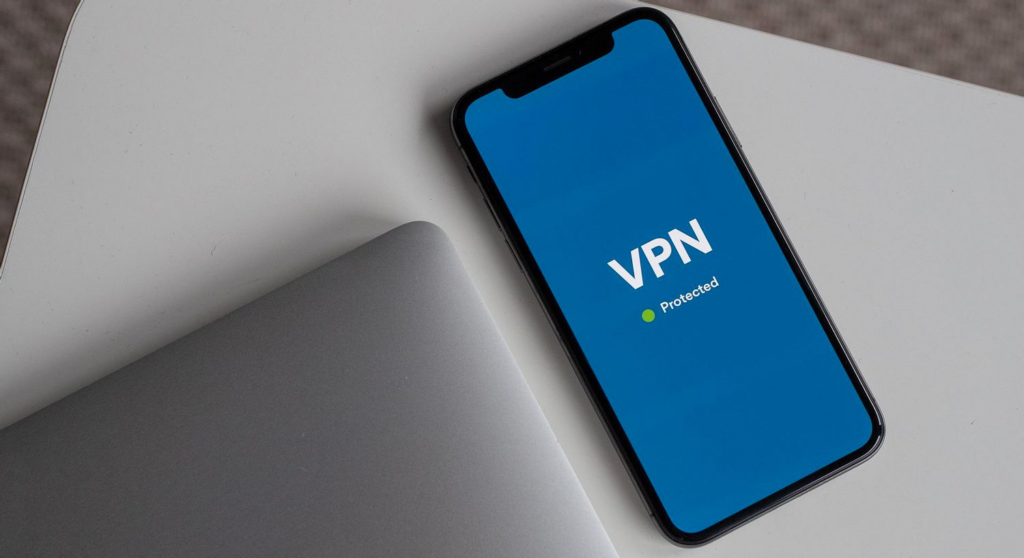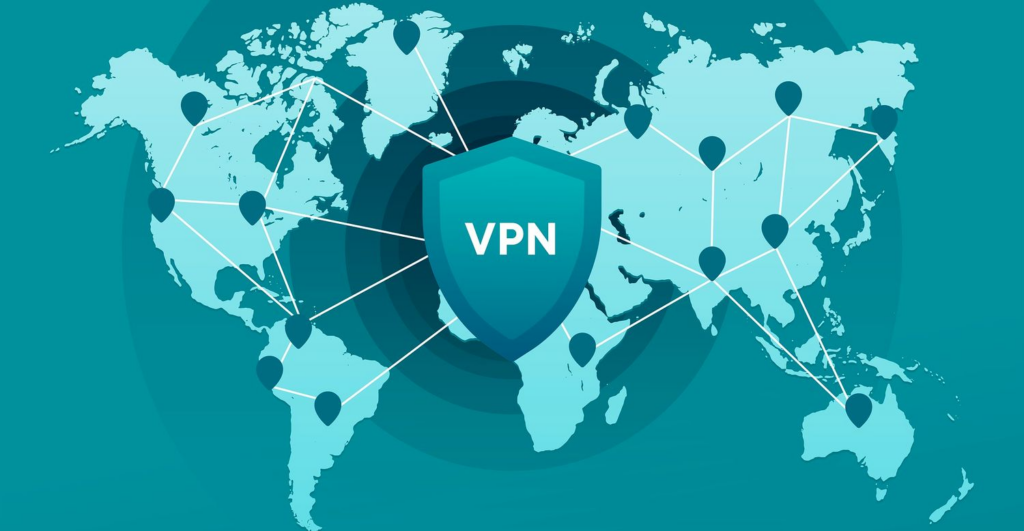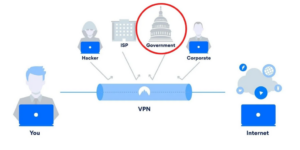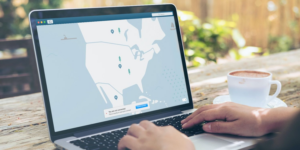What Are VPN Logs and Are They a Security Risk to You?

Virtual private networks are designed to keep your information private. However, this isn’t always the case. This is why VPN records are so dangerous. So, let’s see What Are VPN Logs and Are They a Security Risk to You?
Millions of people use a VPN to secure their data while online nowadays. While VPNs can help you stay safe while surfing the web. There is one major flaw that poses a hazard to everyone who utilizes one on a regular basis. VPN records are the source of this threat.
But what are VPN logs, what data do they retain, and why do they pose such a threat to users?
What Are VPN Logs?

When you use a VPN, you’re probably under the impression that your data is just encrypted and not stored. Regrettably, this is not always the case.
VPN logs, which are databases of information collected from users, are kept by certain providers. These are divided into two types. Metadata or connection logs and activity or usage logs, both of which compromise your online security. These records can store your online activities, data use, purchasing history, connection durations, and even your genuine IP address.
The retention of records by VPN providers negates the fundamental purpose of VPNs. If a user’s sensitive information is still viewed and kept in some way; there’s no need to utilize a VPN in the first place. Worse, millions of users who use VPN services are completely uninformed of how their information is handled.
The majority of well-known VPN providers claim to have a “no-log” policy. That which means they refuse to log any sort of user information. But the trouble is that proving that a VPN service isn’t maintaining logs from the outside is very impossible. No matter how many external audits & investigations are conducted. But the absence of a VPN log does not mean that it does not exist. For this to be conceivable, complete inside access would be required.
VPNs are extremely trust-based services because of this. While a corporation can establish a wonderful image and please all of its clients, it may still be engaging in illegal actions behind closed doors, such as data logging.
Why would VPNs maintain records if they are designed to keep our data accessible to us and us alone?
Why do certain VPN providers maintain data logs?

Data is something that both big tech and the government like.
User data has become extremely important, and even some of the most well-known corporations have been accused of mishandling personal information given to them by their consumers. Third parties are now prepared to spend millions or billions of dollars for this data, which they can use to improve their advertising, study user behavior, and improve their services. Data is worth more than gold to these businesses.
This is one of the reasons why certain VPN services store logs. There is an unending list of potential purchasers who would benefit from having access to customer data, and some less moral VPN firms are fully aware that retaining and delivering this data to the highest bidder might be profitable.
VPN providers are also known to maintain records to ensure that users do not exceed their device limits. It would be financially damaging to the firm if one customer allowed many of their friends and relatives to use their VPN subscription, for example.
Furthermore, certain VPN providers are required by law to store data records. Though VPNs are widely used in many countries, others have placed strong restrictions or outright bans on their use. Providers in countries where VPN use is outlawed are often required; to store records in case the government decides to launch an investigation or just wants to know what residents are up to.
Residents in China, for example, can only use VPN services; that have agreed to provide the government backdoor access to their stored data if necessary.
However, VPN logs are stored in nations where VPNs are strictly regulated. Data logging is by no means uncommon among free VPN providers.
Why are logs kept by certain free VPN services?

The concept of being shielded by a VPN while surfing the web without having to pay a one-time or membership cost may sound too good to be true. In certain circumstances, it certainly is.
Everything boils down to one thing: money. Without a profit, wages cannot be paid, and new improvements cannot be made, as is the case for the majority of enterprises. So, how does a VPN service that is free generate money? They sell data, among other things.
While you may assume that any VPN firm selling user data would do so in secret, some providers explicitly indicate in their privacy policies that they sell or share data in some fashion. Betternet and OperaVPN are two free VPN providers that specifically indicate how they utilize their users’ data in their terms and conditions, which you may read about.
Some VPN providers, on the other hand, have claimed that they do not sell nor mishandle data, despite evidence to the contrary. While such incidents may deter some individuals from utilizing a VPN service, many consumers are unaware that VPN logs exist.
This is why, if the security of your data is vital to you, you should thoroughly investigate any VPN company you’re considering. In addition, if you want to reduce the chance of your data being misused, you might choose to use a well-known, premium VPN provider. ExpressVPN, ProtonVPN, Surfshark, & NordVPN are all very recognized providers that can provide the highest levels of security.
Millions of users are at risk because of VPN logs
With 31% of all internet users in the globe using a VPN, VPN records are a major worry. After all, when so many firms that offer you with a security protocol also share your personal data with third parties, the integrity of the VPN sector as a whole is called into question!
If you’re concerned about VPN logs, read your provider’s terms and conditions and do some research on the firm to be sure your data is safe.
Read more: Does a VPN Unlock Geo-Restricted Content on Amazon Prime Video?


